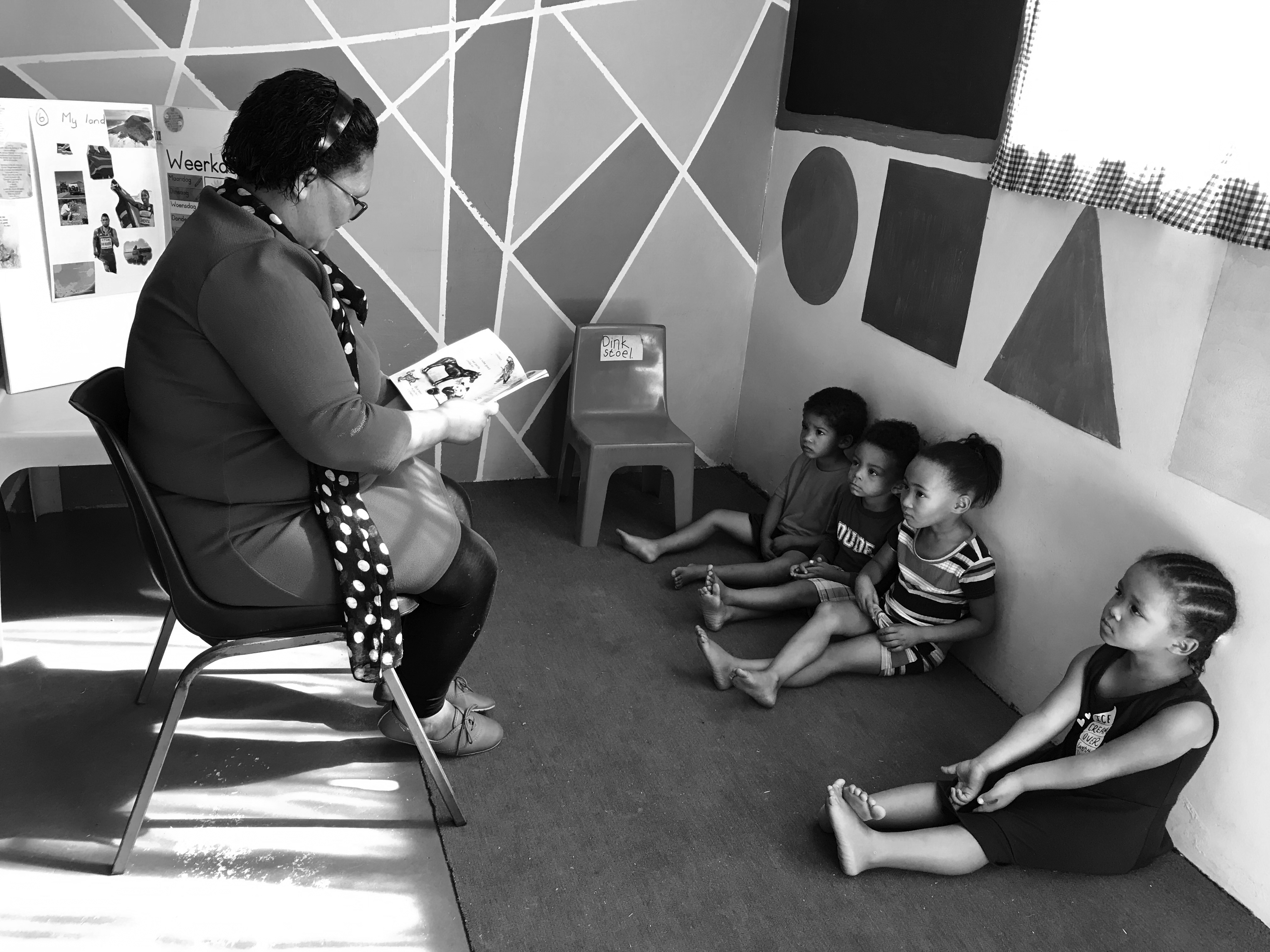
Project highlights:
PUMISA – Public Management and Information Systems for All – our diverse yet complementary network of experts has delivered on numerous evidence-generating, technical assistance and capacity development projects across the globe, in more than 20 countries .
2016
2012 - 2013
2019
2018
2015 - 2017
2013 - 2016
Costing Kiribati’s
Education Sector Strategic Plan (2016-2019)
Public Expenditure Tracking Survey (PETS) in primary education, Kenya
Public Finance for Pre-primary Education, Middle East and
North Africa
Sudan Immunization Domestic Resource Mobilization Roadmap
Biodiversity
Expenditure Reviews, Botswana and
South Africa
Public Expenditure and Financial Accountability (PEFA) Assessment of sub-national education departments

Costing Kiribati’s Education Sector Strategic Plan 2016-2019
This project supported the Ministry of Education of the Republic of Kiribati with costing the education sector strategy for the 2016 to 2019 period, taking into account national service delivery objectives and macroeconomic and fiscal variables. The key output was a customised cost expenditure framework for all the education sub-sectors.
The inputs were:
a) the Kiribati Education Management Information System (KEMIS) functionalities and exports on enrolments, schools and teachers,
b) the Government of Kiribati’s existing budget classification system and top-down budget envelopes,
c) bottom-up costed annual operational plans (Divisional Operational Plans – DOPs), and
d) the donor assistance frameworks, in particular from the Australian Government, for the 2016 to 2019 period.
This exciting project provided unique insights into the service delivery challenges of small island nations on how to strategise, plan, cost and budget for progressive investment in children despite a resource-constrained environment.
How to strategise, plan, cost and budget for progressive investment in children despite a resource-constrained environment.

Public Expenditure Tracking Survey 2012-2013 in primary education, Kenya
The project provided technical assistance to improve efficiency of disbursement of the Free Primary Education (FPE) fund to respective schools from 2012 to 2013. It was implemented by National Taxpayers Association (NTA) in partnership with Ministry of Education, Kenya Primary School Heads Association (KEPSHA) and Kenya National Union of Teachers. The output of the assignment was a tracking survey report which made recommendations to the Ministry of Education on the management of the FPE at the primary schools as well as mechanisms to improve management of the FPE disbursement process.
Improving education sector efficiencies through Public Expenditure Tracking Surveys (PETS)

Public Finance for Pre-primary Education, the Middle East and North Africa, 2019
This project supported the development and delivery of UNICEF’s 2019 Public Finance for Pre-Primary Education (PF4PPE) workshop in Amman, Jordan. The participants were from more twelve UNICEF Country Offices in the Middle East and North Africa (MENA) region.
For this project, Juan Bester was contracted by South Africa-based firm Cornerstone Economic Research (www.cornerstonesa.net). Cornerstone is a holder of the UNICEF Long-term Agreement for Services in the field of Public Finance for Children (PF4C) for the 2019 to 2022 period.
Juan Bester was contracted by South Africa-based firm Cornerstone Economic Research (www.cornerstonesa.net).

Link to file: www.unicef.org/sudan/reports/sudan-immunisation-domestic-resource-mobilization-roadmap
This project provided onsite support to UNICEF Sudan and the Ministry of Health through research and analysis of immunization financing. The output was a Roadmap for Sudan’s health sector stakeholder on domestic resource mobilization to fund and finance expanded immunization coverage in Sudan, especially considering the transitioning of Sudan away from GAVI (the Global Vaccine Alliance) support.
Sudan Immunization Domestic Resource Mobilization Roadmap, 2018

Biodiversity Expenditure Reviews, Botswana and South Africa, 2015-2017
This project supported UNDP South Africa and UNDP South Africa and implemented a tailored public expenditure review (PER) framework that analysed finance flows for biodiversity-related expenditures in these countries, both public and private sectors. The project formed part of the global Biodiversity Finance (BIOFIN) initiative of the United Nations.
The biodiversity expenditure review assessed four key areas of biodiversity management, namely:
-
Biodiversity mainstreaming at institutional/organisational level – strategic and operational plans;
-
Protection of ecosystems, species and genetic diversity;
-
Restoration of ecosystems and habitats; and
-
Access and benefits sharing from the use of genetic resources.
The deliverables supported the identification, accessing, combination and sequencing of different sources of funds to meet biodiversity-financing needs, as well as the initiation of the resource mobilization strategies at national level.
The project formed part of the global Biodiversity Finance (BIOFIN) initiative of the United Nations Development Program (UNDP).

The assessment covered education department’s planning, budgeting, expenditure management, reporting and oversight systems and processes.
This project supported South Africa’s national government’s PFM improvement programme. Juan Bester was contracted to ACE International Consultants. The project applied the PEFA assessment framework in two sub-national governments (Northern Cape and Western Cape Provincial Government’s PFM systems). The assessment covered education department’s planning, budgeting, expenditure management, reporting and oversight systems and processes. (Two (2) separate PEFA assignments). Client: National Treasury. The implementation included field work, stakeholder training on the PEFA methodology, interviews with education officials and reporting to the National Treasury of South Africa.






















